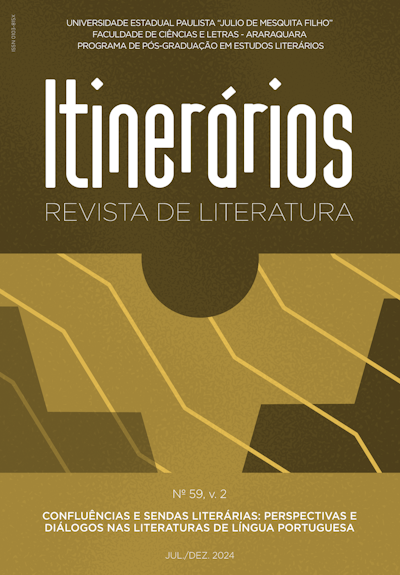The humanist Saramago
toward a sensitive poetics of politics, democracy and human rights
DOI:
https://doi.org/10.58943/irl.v1i59.19635Keywords:
Literature and Human Rights, José Saramago, Literature and PoliticsAbstract
In 2003, in an interview with the newspaper O Globo, José Saramago stated that “without democracy, there can be no human rights, but without human rights, there can also be no democracy. [However], we are in a situation where much is said about democracy and nothing about human rights.” The Portuguese writer’s words resonate with contemporary audiences not merely as a warning of danger but as a call for critical and, indeed, collective reflection on global politics and the promotion of human rights. More than two decades after his statement, particularly in the Brazilian context, we can observe the strengthening of physical and discursive attacks on democratic institutions, the disregard of certain governments for the dignity of their people, and, as a direct result of these elements, the proliferation of narratives that devalue human rights and, to some extent, life itself. In light of the current situation, this essay aims to provide an overview of José Saramago’s work, drawing parallels between his fictional productions and his personal views on politics, democracy, and human rights.
Downloads
Published
Issue
Section
License
Os manuscritos aceitos e publicados são de propriedade da revista Itinerários. É vedada a submissão integral ou parcial do manuscrito a qualquer outro periódico. A responsabilidade do conteúdo dos artigos é exclusiva dos autores. É vedada a tradução para outro idioma sem a autorização escrita do Editor ouvida a Comissão Editorial.

